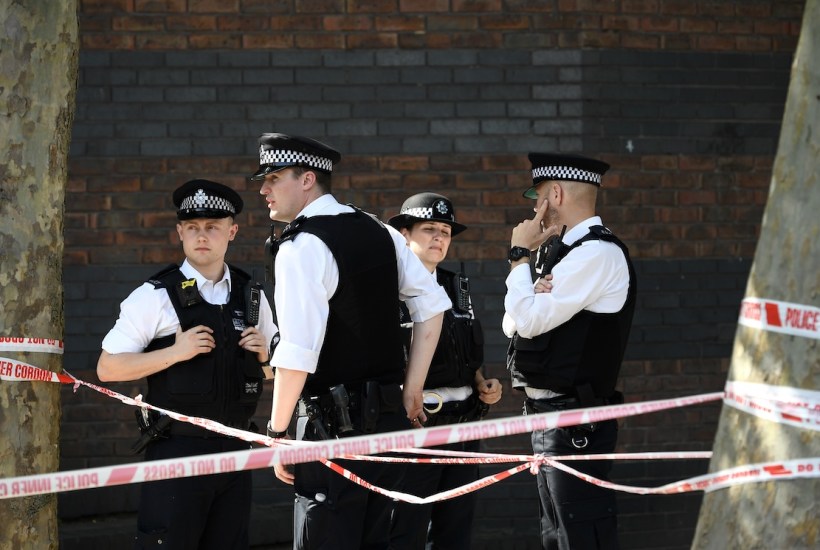I can’t imagine being confronted with the body of someone who has jumped to their death: limbs splayed in ways that shouldn’t be possible, clothes shredded by velocity meeting tarmac, the bloodied remains of a face. The idea is appalling. So I have every sympathy for the police officers who saw just that at the Grenfell Tower fire and are currently seeking damages in the High Court.
Already a subscriber? Log in
Subscribe for just $2 a week
Try a month of The Spectator Australia absolutely free and without commitment. Not only that but – if you choose to continue – you’ll pay just $2 a week for your first year.
- Unlimited access to spectator.com.au and app
- The weekly edition on the Spectator Australia app
- Spectator podcasts and newsletters
- Full access to spectator.co.uk
Or




















Comments
Don't miss out
Join the conversation with other Spectator Australia readers. Subscribe to leave a comment.
SUBSCRIBEAlready a subscriber? Log in